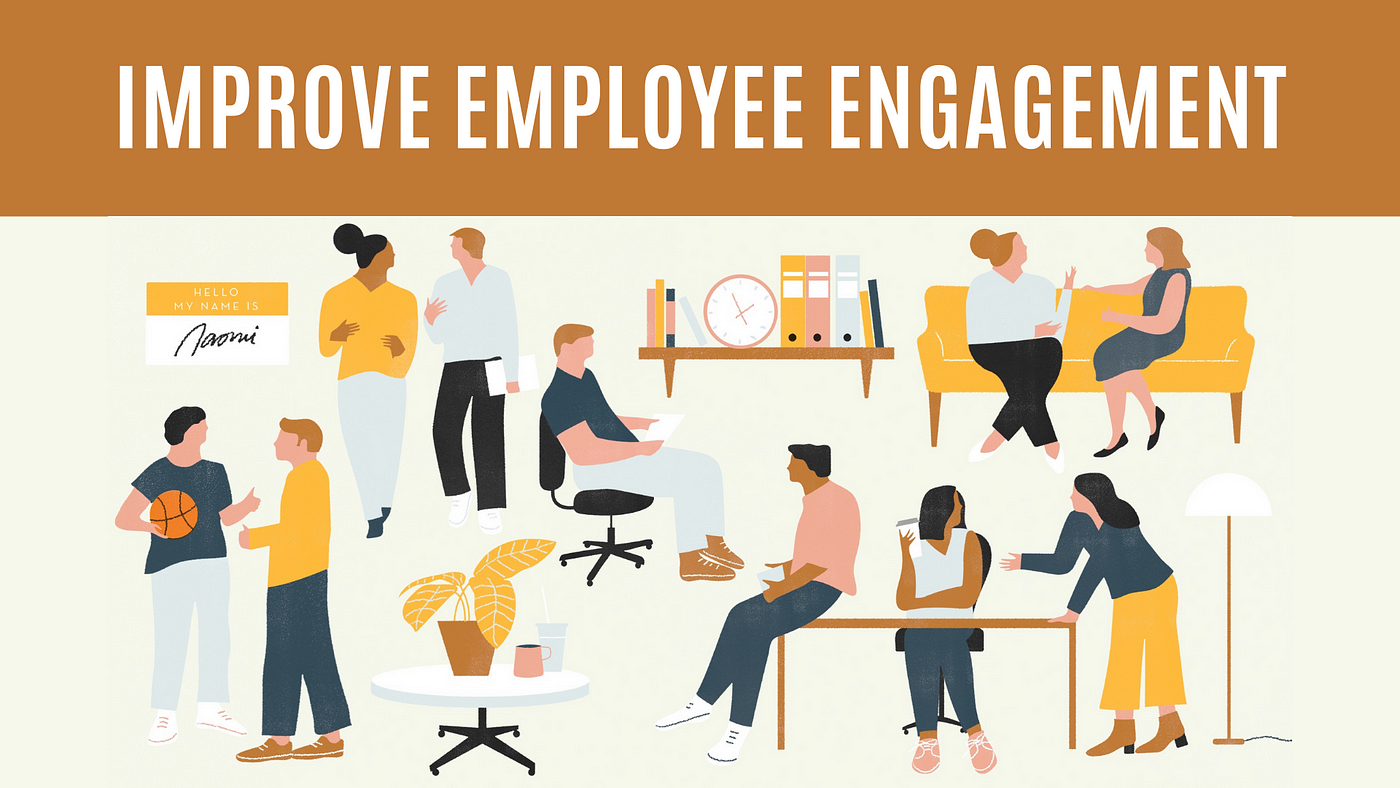As the competition for skilled professionals intensifies, the need to go beyond traditional recruitment process becomes increasingly evident. This blog explores the multifaceted benefits and actionable strategies for seamlessly weaving employee engagement into the fabric of their recruitment journey.
Understand Employee Engagement
Employee engagement goes beyond traditional HR metrics; it is a holistic approach that encompasses an individual’s commitment, enthusiasm, and emotional connection to their work and the organization. By introducing engagement elements into the recruitment process, organizations not only enhance their employer brand but also set the stage for a more fulfilling and enduring employee experience.
Develop Employer Branding
An organization’s reputation is a powerful magnet for top talent. By integrating employee engagement into recruitment, an organization showcases commitment to a positive workplace culture. A strong employer brand built on engagement principles attracts candidates who align with the organization’s values, creating a mutual fit that extends beyond job responsibilities.
Create an Engaging Job Description
The recruitment journey begins with the job description. Beyond listing responsibilities and qualifications, an organization should infuse descriptions with the company’s mission, values, and the unique aspects of its culture. A vivid picture of the workplace environment will attract candidates who resonate with the organizational ethos.
Leverage Employee Testimonials
Real stories from current employees add authenticity and relatability to the employer brand. Therefore, organizations should integrate testimonials into recruitment materials, websites, and social media platforms. Highlighting genuine experiences fosters a sense of trust among prospective candidates, providing valuable insights into the organization’s culture.
Design Interactive Recruitment Channels
Organizations need to move beyond traditional recruitment channels by incorporating interactive elements. Virtual office tours, employee spotlights, or live Q&A sessions with executive interview questions offer a dynamic and engaging recruitment experience. This not only allows candidates to connect with potential colleagues but also provides a glimpse into the workplace culture.
Build Gamified Processes
By infusing an element of gamification into their recruitment process, organizations can carry out interactive assessments, challenges, or virtual team-building activities, transforming mundane steps like application and assessment into engaging experiences. Gamification not only showcases an organization’s innovative approach but also attracts candidates seeking dynamic and stimulating work environments.
Recognize Candidate Journeys
Every organization needs to recognize the uniqueness of each candidate by personalizing their recruitment journey. Thus, organizations need to tailor communication and interactions to align with their skills, preferences, and aspirations. A personalized approach not only demonstrates genuine interest but also sets the stage for a positive and engaging candidate experience.
Emphasize on Communication and Feedback
For an engaging recruitment process, transparent and timely communication is fundamental. An organization needs to keep candidates informed about the stages of their application, provide constructive feedback, and offer insights into its culture. Open communication fosters a sense of respect and consideration. These are crucial elements for developing an engaging recruitment experience.
Incorporate Employee Involvement
Organizations need to engage current employees in the recruitment process, incorporate team members in panel interviews, involve them in recruitment events, or encourage them to share their experiences on social media. Compliance training is an essential step for this process. This not only provides candidates with authentic insight but also empowers employees, fostering a sense of ownership and pride in the recruitment process.
Measure and Enhance Engagement
Throughout the recruitment journey, organizations need to integrate metrics to measure the effectiveness of employee engagement. This could be done by analyzing candidate feedback, tracking time-to-hire, and assessing the impact on employee retention. This data can be used to continually refine and enhance engagement strategies, ensuring they align with evolving candidate expectations and organizational goals.
Incorporating employee engagement into the recruitment process is not a one-time endeavor; it is an ongoing commitment to building a workforce that is not just skilled, but also passionately invested in the success of the organization. In a competitive talent landscape, the organizations that prioritize engagement from the first interaction are those that will attract, retain, and empower the brightest talents of tomorrow. Organizations are increasingly realizing the value that staffing agencies bring. Whether it is a staffing agency in Pittsburgh, or within your region, they can help you achieve employee engagement

